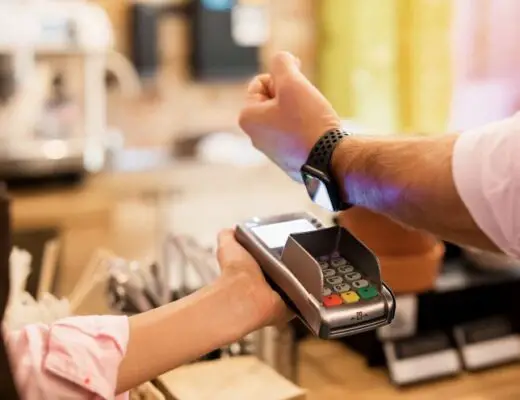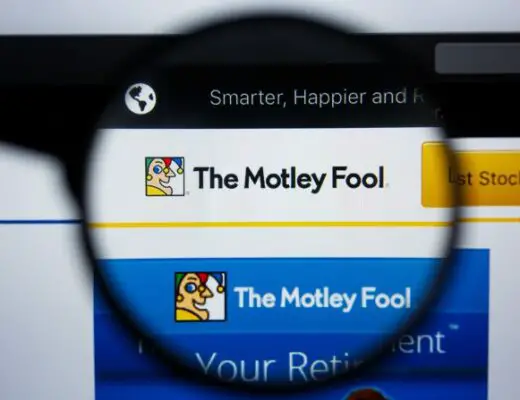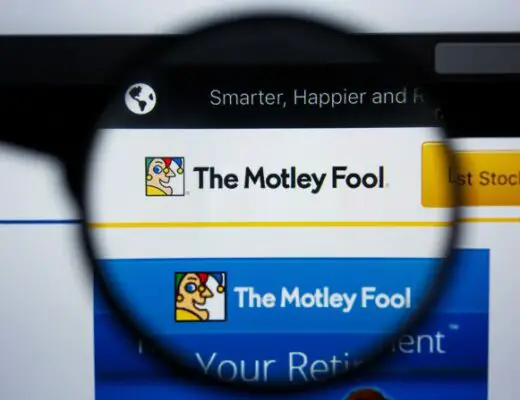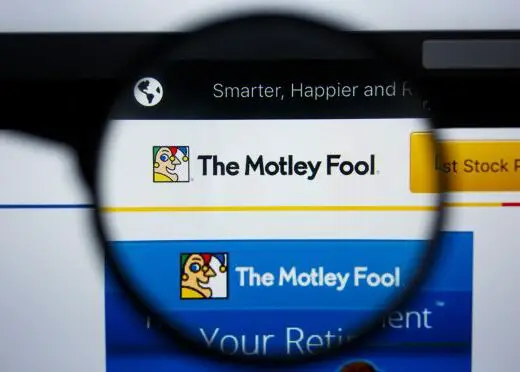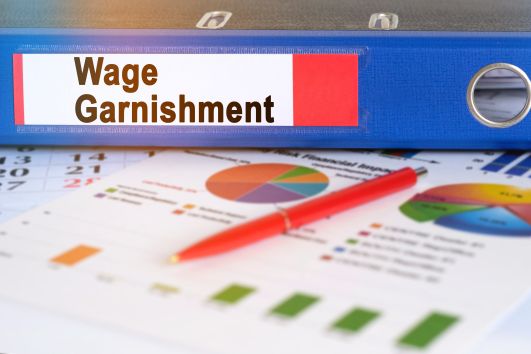
CommonCentsMom.com is advertiser-supported: we may earn compensation from the products and offers mentioned in this article. However, any expressed opinions are our own and aren't influenced by compensation. The contents of the CommonCentsMom.com website, such as text, graphics, images, and other material contained on this site (“Content”) are for informational purposes only. The Content is not intended to be a substitute for professional financial or legal advice. Always seek the advice of your Financial Advisor, CPA and Lawyer with any questions you may have regarding your situation. Never disregard professional advice or delay in seeking it because of something you have read on this website!
When you have a bank account, it can be very useful. You can use it to pay your bills, make investments, and save money for the future. But have you ever had your bank account frozen? It can be a very frustrating experience. In this article, we will talk about what garnishment is, how to stop it, and how to deal with it.
What Does Having a Bank Account Garnished Mean?
A garnishment is a legal action that involves getting money from your paycheck or another kind of income. The money will be taken from you in order to pay for debts, such as student loans, medical bills, and other types of debt. If you’re behind on your payments and can’t afford to pay off your debts, the creditor can get a court order that forces you to pay the money. You will be able to avoid this if you do what is necessary to avoid this.
The amount of money that can be garnished from your paycheck depends on the type of account you have as well as where you live, as different states adhere to different rules. For example, if you live in Tennessee, your bank account has to have a minimum of $10,000 left after the garnishment process; if you live in Florida, this only applies to $5,000 of your money. You can also prevent a garnishment from happening if you’re able to pay off your debts before they get too big.

How to Avoid Getting Your Bank Account Garnished
There are many ways to stop a garnishment from happening. The most important thing is to keep track of your expenses and make sure that you have enough money to pay off your debts. You can also find out if there are any special payment plans available to you. If you can’t afford to pay off your debts, try and find a different way to deal with them. If you have student loans, try to apply for an income-based repayment plan or deferment.
If you do not have enough money to pay off your debts, it is important that you file for bankruptcy. Another good thing to do is to always show up to court if you’re being sued. If you do not show up to court, the creditor has a better chance of getting a garnishment order, since your absence is a testament to your unreliability.
What to Do if Your Bank Account is Garnished
The first thing you need to do is make sure that you keep track of your expenses. If you don’t have enough money to pay off your debts, it’s important that you get the court order for garnishment removed as soon as possible. The best way to do this is by contacting an attorney. An attorney will be able to help you find a way to get a reversal on your garnishment order.
Furthermore, you may want to check if whatever exemptions from the garnishment you’re granted leave you with enough money to keep up with your debts and sustain your daily life.

